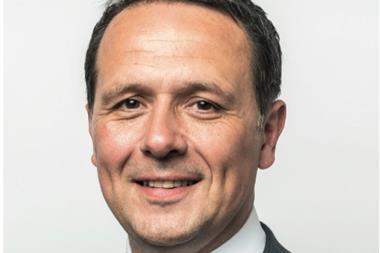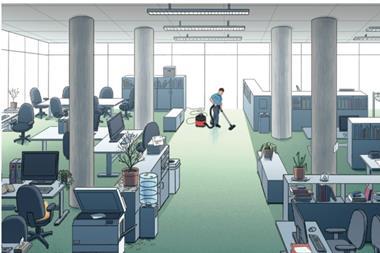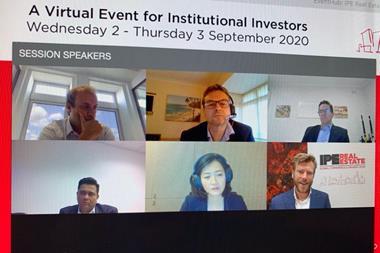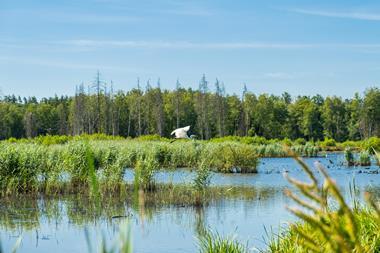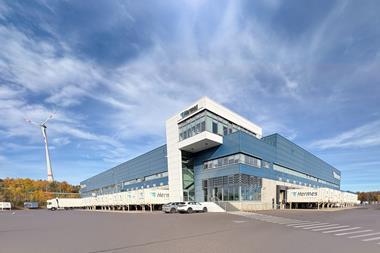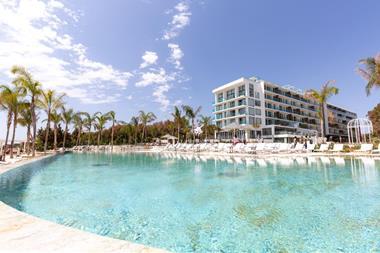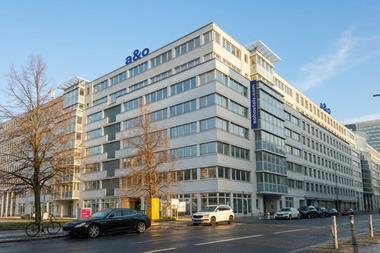• World’s largest pension fund continues to commit capital during pandemic
• Ivanhoé Cambridge grappling with the future of office demand
• E.ON’s real estate vice president pauses the hiring of new managers
Japan’s ¥151trn (€1.2trn) Government Pension Investment Fund (GPIF) has continued to commit capital to real estate strategies during the pandemic, but is watching closely the impact of COVID-19 on urbanisation and office demand.
Hideto Yamada, head of global real estate at the world’s largest pension fund, told the annual INREV conference today that GPIF had invested $3bn (€2.52bn) since moving into the asset class two years ago, but “due to the size of our fund, we need to invest more”.
Yamada, who was speaking as part of an online investor panel, said the investor was able to continue investing in real estate “as long as we can identify more resilient opportunities”, adding: “we have already started committing even in COVID circumstances”.
With significant ground still to make up to achieve a meaningful allocation to real estate – $3bn represents about 0.2% of GPIF’s total assets – the pension fund’s strategy is to gain exposure to the most liquid, gateway cities around the world.
But asked by a member of the audience, whether COVID-19 could effectively reverse urbanisation and undermine the prospects of gateway cities, Yamada admitted: “The short answer is no one knows yet.”
However, he said the growing demand for suburban residential and office locations would be a “short-term phenomenon”. He added: “I believe there won’t be so much change in the long term. That is the reason why I am still a believer, in a broader sense, in gateway cities.”
Yamada said the bigger concern was the future of office demand, which could be weakened over the long term if greater levels of remote working became the norm, but also offset by requirements for lower density.
How this balance settles over the next five to 10 years will be critical for GPIF, which had been aiming to build a significant exposure to the office sector.
“The office building used to be all the time the top of our list of investment because of the scale,” he said. “We can have the longer lease with the good credit tenant… but now things could be changed”.
Fellow panellist Karim Habra, head of Europe and Asia-Pacific at Ivanhoé Cambridge, agreed that this was “probably the main challenge for us today”.
Ivanhoé Cambridge manages a number of office buildings around the world as part of C$64bn real estate portfolio on behalf of Caisse de dépôt et placement du Québec.
“Like most of the international investors, office is our number asset class,” Habra said. “The key challenge is going to be how to adapt, how to convert, how to transform your stock [to adapt] to future trends and how to anticipate these changes early enough.”
Udo Schaffer, vice president of real estate at E.ON, said COVID-19 had not prompted the German energy company to change the real estate strategy for its retirement assets. “It’s not a game-changer, it’s an accelerator”, referring to trends that were already in train.
E.ON manages its €2bn real estate portfolio indirectly and Schaffer said travel restrictions were affecting his ability to hire new investment managers.
“I don’t add new managers at the moment, because I don’t want to invest with someone I haven’t met in person, where I haven’t seen their offices, where I haven’t met their senior people and also the people that do the day-to-day stuff,” he said.
“So for the time being we wouldn’t go for any investment with a new partner.”
Asked whether this was having detrimental effect on E.ON’s real estate activities, Schaffer said he sufficient number of existing investment managers that were able to present a wide range of opportunities.
“So we haven’t had to reduce the number of investments we are doing,” he said.
But travel restriction could end up delaying future moves into real estate markets in Asia and Scandinavia, which would require hiring new partners.
Schaffer admitted that he missed the ability to travel and meet people across the world, which he said had been one of his main ways of learning important lessons over his 30-year real estate career.
“If you are open-minded enough you can learn so many things that you can copy and adjust in your country and your own strategy,” he said.
“I really miss meeting people. I miss sitting at a table with other people, discussing things, learning from them, thinking what it means for our own strategy.”





